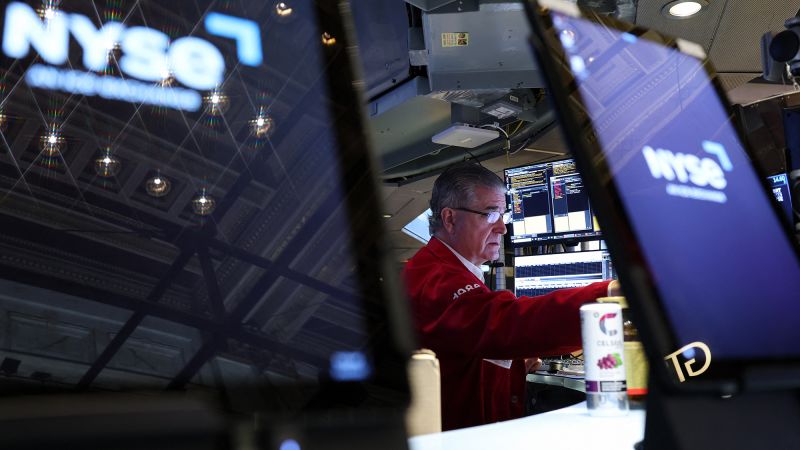Blue Cross Blue Shield of Mass. has decided to delay the planned changes to their policy regarding colonoscopies. The policy would have meant that monitored anesthesia care for endoscopic procedures, such as a colonoscopy, would only be covered if deemed “medically necessary.” This change would impact certain patients who would have previously received monitored anesthesia care, as they would now only be eligible for moderate sedation, which allows the patient to remain conscious during the procedure. The policy outlines specific diagnoses and conditions that determine eligibility for monitored anesthesia care, including alcohol abuse, diabetes, and epilepsy.
This delay is the second time the policy, known as policy 154, has been put on hold. Initially scheduled for implementation in July 2023, it was postponed to January 1, 2024, following criticism from doctors, particularly gastroenterologists who expressed concerns that the new policy could lead to patients delaying or forgoing their procedures due to nervousness. Now, less than a month later, the policy has been postponed “until further notice,” as indicated in an alert sent by BCBSMA to “anesthesiologists and gastroenterologists caring for our members.” Dr. Barbara Spivak, president of the Mass. Medical Society, has expressed appreciation for the decision to postpone the policy, stating that patients should have a say in the method of sedation used, with guidance from their trusted physician and care team.
The statement also noted the current challenges in the healthcare system, specifically the staffing issues among endoscopists who may lack experience in administering moderate sedation, and how BCBSMA’s decision will help alleviate these challenges. Massachusetts has the highest rate of colonoscopy screenings in the nation at 76%, according to the National Colorectal Cancer Roundtable, but colorectal cancer remains the second most deadly form of cancer. It is recommended that adults over 45 receive a colonoscopy every 10 years. BCBSMA has stated that any further policy changes will be announced at least 90 days before implementation.











